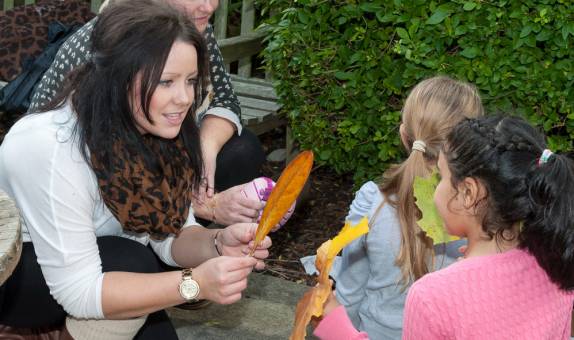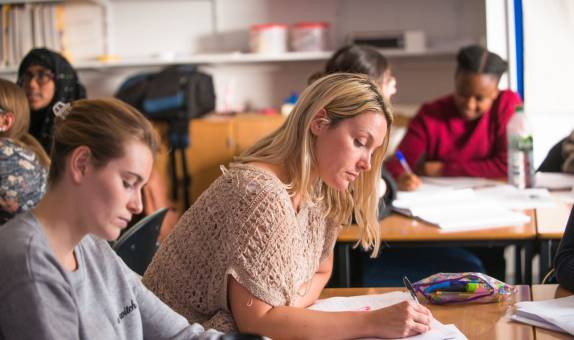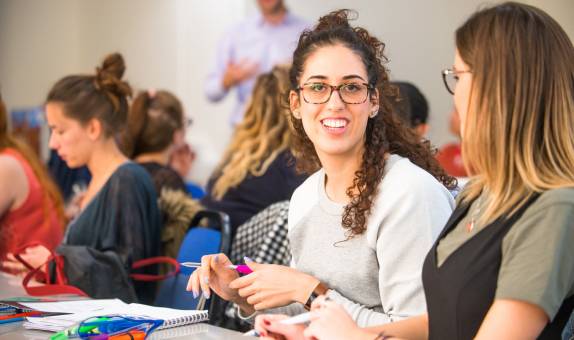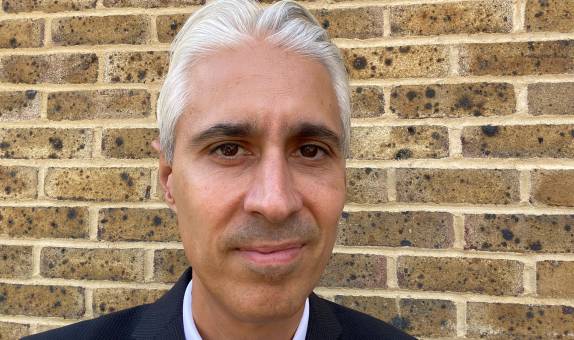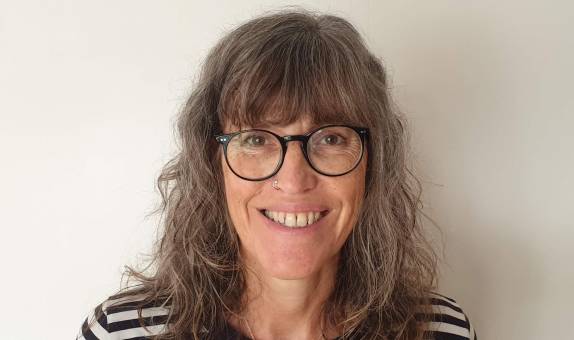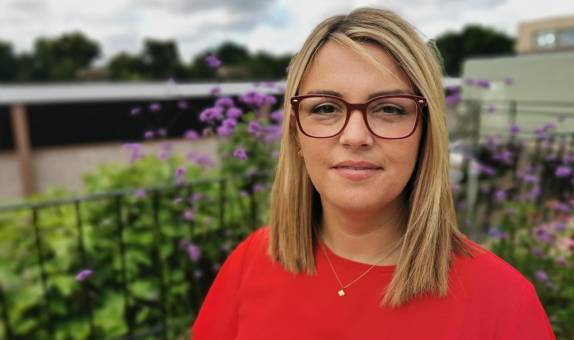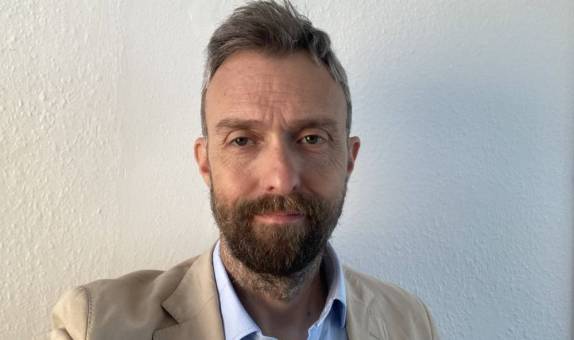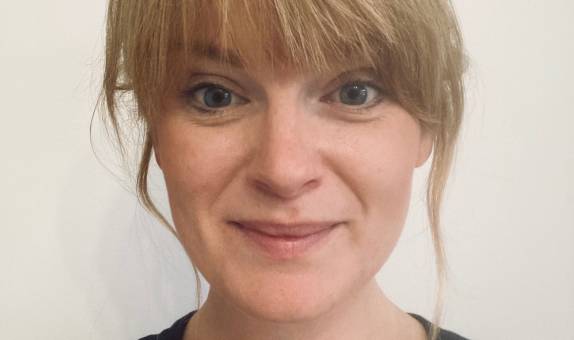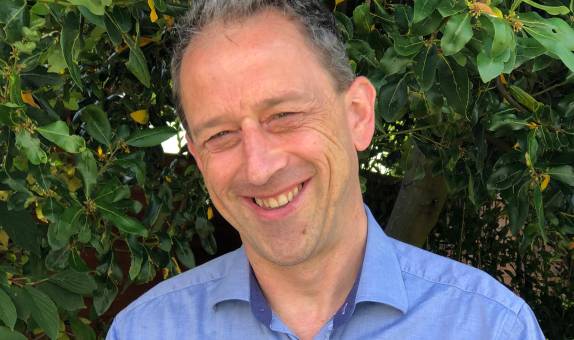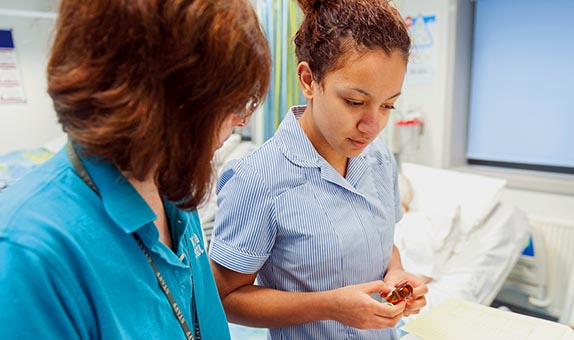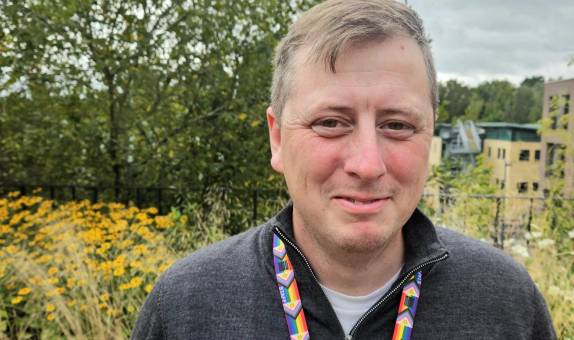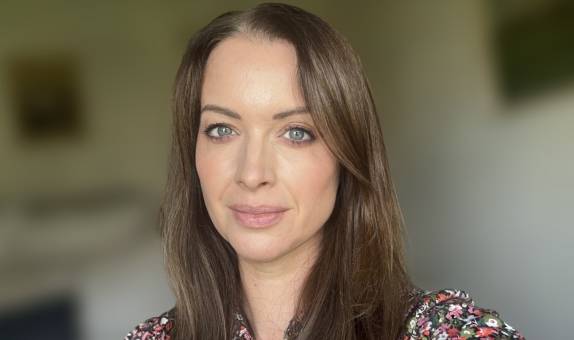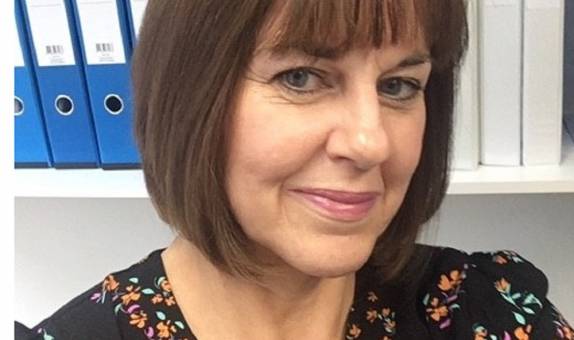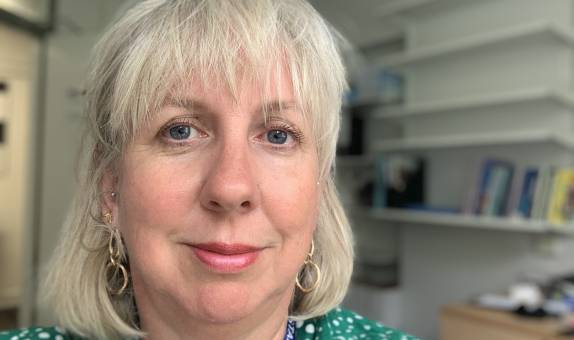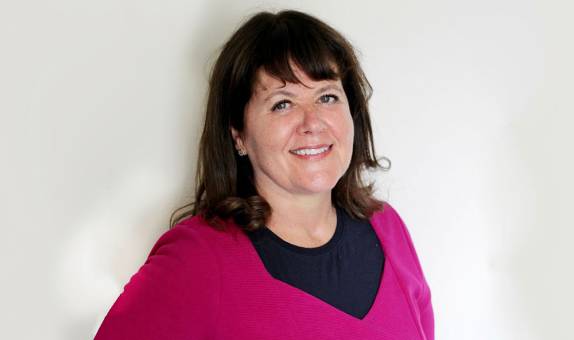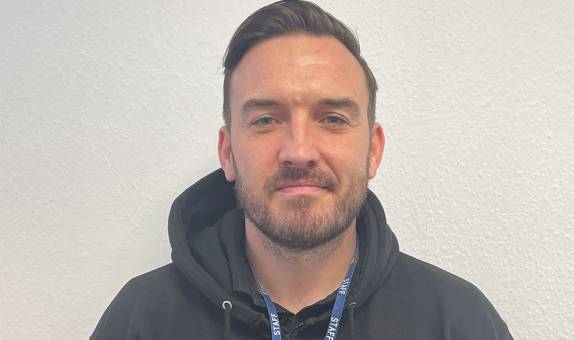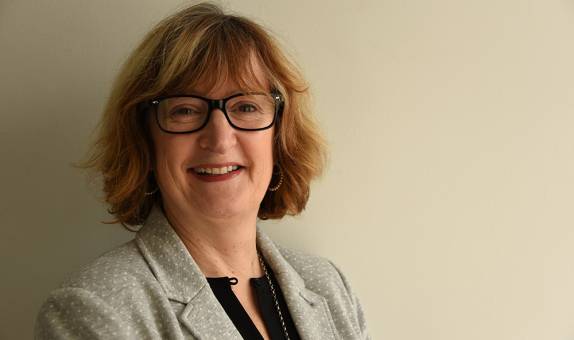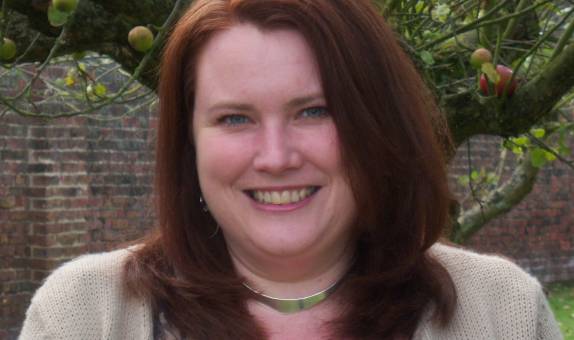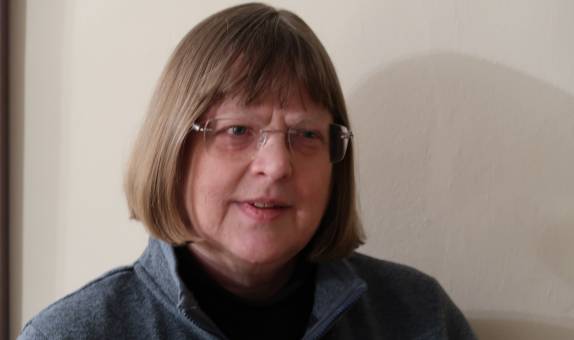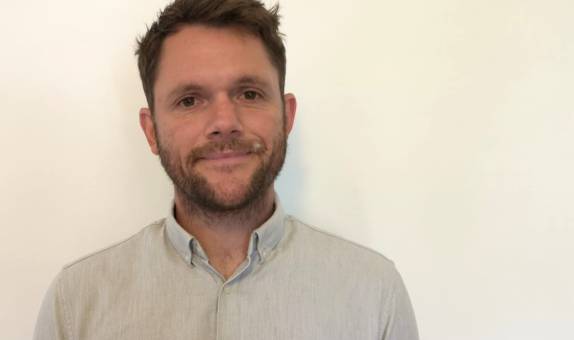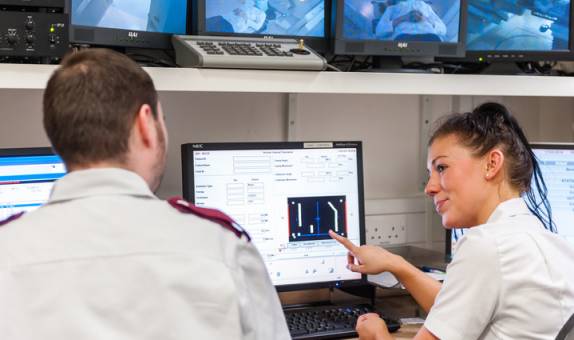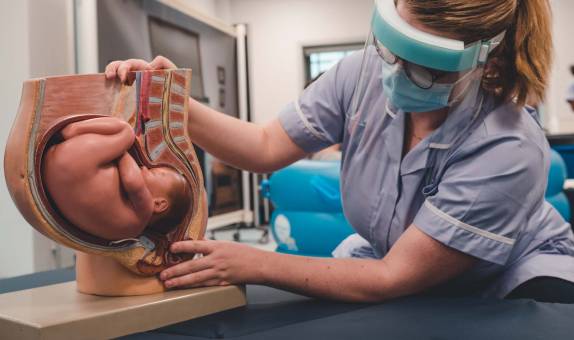Initial Teacher Training Partnerships
Welcome to our Partnership Webpage
Please use the information on this page to find details of mentor training as well as placement information for all our ITE courses. There are also details of how you can get involved with Kingston University to explore further partnerships or research.
Kingston University, Department of Education: our vision
"To develop critically confident and well-rounded teachers who are values-driven and equipped to transform lives of children and young people in our communities."
Kingston University has been proudly working to deliver high quality teacher education for over a century. We work closely with partner schools and settings to design and implement curriculums and learning experiences which ensure our graduates are equipped to transform lives through their reflective, inclusive and research-engaged practice.
We are delighted that the effectiveness of this approach has been recognised by our students, who have rated us third in London for Education in the Guardian University Guide (2025).
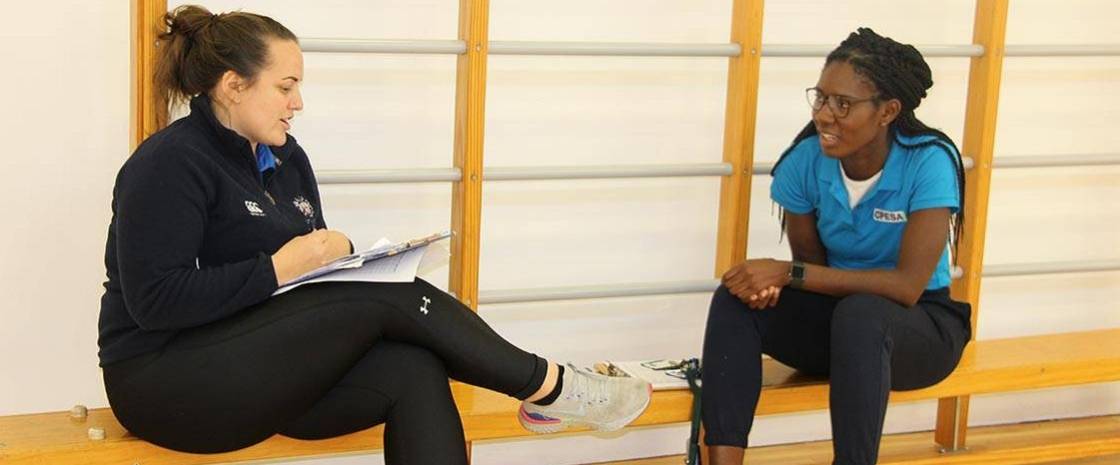
Our history

We've been educating educators for more than a century. Our roots are in the Gipsy Hill Teacher Training College which was founded by leading educationalists in 1917 and led for 30 years by Lillian Daphne de Lissa, a pioneer in early years education. We merged with what is now Kingston University in 1975.
We work in collaboration with many educational partners across southwest London, Surrey and surrounding London boroughs. Our partners choose to work with us because of the quality of what we do and our innovative approach to learning.
Our Education community is learner-centred, and we provide a range of career-enhancing opportunities to ensure partners can develop and collaborate with other education schools or settings, sector partners and health and social care professionals. If you are interested in finding out more, please contact us.
Partnership Schools: documentation and key information
The Kingston ITE Curriculum
Kingston University has a fully-developed, ambitious and evidence-based ITE curriculum. Partners and mentors should be aware of their role in delivering this. The curriculum encompasses the ITT Core Content Framework (CCF) to ensure trainees are prepared for the next stage in their professional development as teachers: the Early Career Framework (ECF) induction.
Our curriculum reflects our values, beliefs and strengths. We have a clear focus on developing strategies to support pupils with SEND, prioritising the importance of reading. We ensure trainees understand effective behaviour management in order that all pupils can access the broad and balanced curriculum offered by schools.
This was recognised during our recent Ofsted inspection: "All trainees, including those in the secondary phase, gain a strong grounding in how to teach early reading. Trainees are particularly positive about the way the ITE curriculum prepares them to meet the needs of pupils with special educational needs and/or disabilities (SEND) in diverse settings. Alongside this, trainees develop effective behaviour management strategies. Trainees like how the course covers the realities of teaching, describing the university as ‘big' on professional behaviours and inclusive practice."
The KU ITE curriculum helps trainees develop their classroom practice through sequenced networking of phase- and subject-specific knowledge and skills that are built on, and developed, across the academic year. Taught components and classroom practice are integrated over time and across settings, to ensure trainees can succeed and be recommended for QTS.
The role of the school-based mentors, and the tasks and activities they should be undertaking to deliver the curriculum, are clearly outlined in placement documentation, and are underpinned by our curriculum intent. Development descriptors for each placement also offer mentors guidance on expected trainee progress and learning opportunities.
We value partner support in the design, delivery and evaluation of our curriculum, so please contact educationplacements@kingston.ac.uk or Mari Jo Valentine if this is something you would like to get involved with.
Mentor development and training
We are working worked as part of the Pan-London ITE Network and have created a training and development plan that ensures this training can act as CPD, is of high quality and that any prior learning can be recognised. Any skills training undertaken can be portable across other ITE and ITT providers.
Our mentor training modules ensure mentors have the knowledge and skills required to undertake the role, including knowledge and understanding of the ITT core content framework and its underpinning evidence, and of the KU ITT curriculum, which the trainee will be following. Additional skills training will be available, should the need be identified during the Early Progress Meeting with the Kingston Lead Mentor.
| Modules | Overview |
|---|---|
| Core Education | The KU ITE curriculum, including ITaP weeks |
| Continuing Development |
1:1 training which includes mentor development visits ITaP booklets and further training. |
| Mentor Skills Training |
If required, mentors will have access to a range of skills training through the NASBTT Learn modules (see Pan London section below for details of module content) |
We are keen to minimise additional workload for school colleagues. All training, apart from the Continuing Development Module, will be available online, to be completed at a time that suits mentors.
Mentor roles and responsibilities
Please see School Placement booklets and Partnership Agreement for further information.
School placement coordinator (SPC): information including roles, responsibilities
Please see placement-specific guidance booklets for further information.
School placement documents
Partnership with Pan-London ITE Network
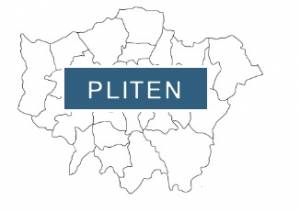
PLITEN is a Pan London ITE Network of universities and providers that have come together to so that we can better support schools, colleges and early years settings whom we work in partnership with. We have come together in the first instance with objectives to lessen the workload for settings with regards to mentoring.
Continuing professional development for mentors
We have generated a series of resources in collaboration with experienced mentors and local partnership colleagues to support mentor training around the core areas highlighted in our feedback surveys.
Teacher/mentor training and career progression
Teacher training, and a teacher's career development, are supported by a number of frameworks and standards.
Safeguarding
Whilst the student is on placement with your school or setting, they will be expected to follow your school/settings safeguarding procedures. Mentors MUST contact their Kingston Lead Mentor or Mari Jo Valentine as soon as they have any safeguarding concerns.
Should a safeguarding concern be raised to any Kingston University member of staff, concerning a student on placement, the below linked procedures will be adhered to. Initially, the staff who will have access to this form would be Kingston's Lead Safeguarding Officers. Beyond this it will be on a need-to-know basis which may include the safeguarding team and internal/external services, if referrals are made.
DBS information
KU Placement Team ensure that DBS checks are completed for all successful applicants and checks are also completed against the DfE prohibition list and the children's barred list information at the start of the course, before the first placement begins.
Wellbeing
It is vital that wellbeing, for both trainees and mentors is a key priority. The first point of contact for all trainees should be their Personal Tutors. Should a trainee require further support whilst on placement with your school, please encourage them to contact their Personal Tutor and, if appropriate talk to their Kingston Lead Mentor (KLM).
If a mentor requires support or any additional advice in terms of workload or wellbeing related to working with a trainee, we would ask that they discuss this with their line manager and also contact our KLM to ensure that we can make reasonable adjustments.
Diversity, inclusion, equality and justice
The University recruits trainees from a diverse community and takes pride in celebrating this diversity. The University's Equality, Diversity and Inclusion Strategy reflects its aspiration and its commitment to fair and equal treatment for all. Partner schools are expected to commit to equality of opportunity for all and operate policies which express this commitment. Inclusion and social justice are at the heart of our taught curriculum and culture.
Our courses
We have a range of educational courses, from initial teacher training to specialist teaching areas and postgraduate research.
Academic staff in the Department of Education
Research opportunities
Our academic staff have developed research expertise within various contexts and settings across the education sector, from nursery to higher education; work-based and intercultural learning to the formation of inclusive and international curricula.
As a Faculty and Department, we can offer partner schools networking opportunities for all staff. We would welcome any staff members who would be interested in joining our Special Interest Groups (SIGs).
If you are interested in developing an area of research with Kingston University, as a school or an individual, please contact Dr Christos Dimitriadis.




